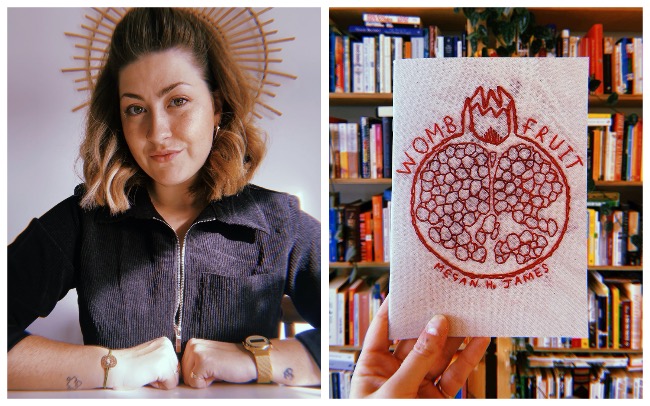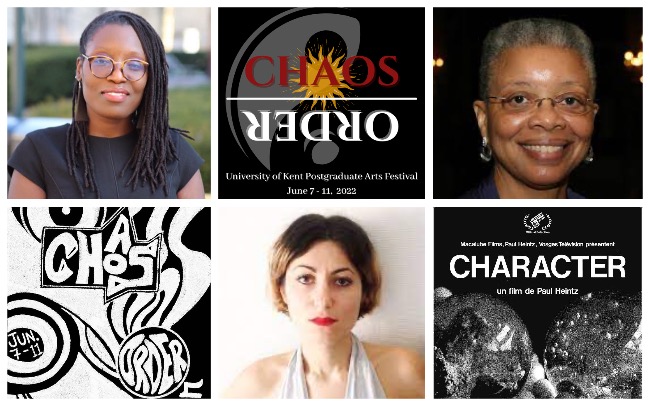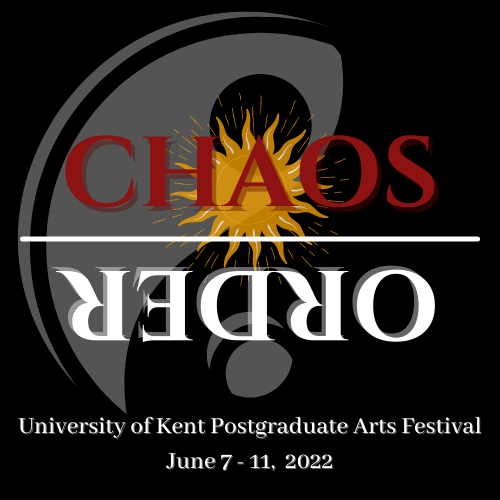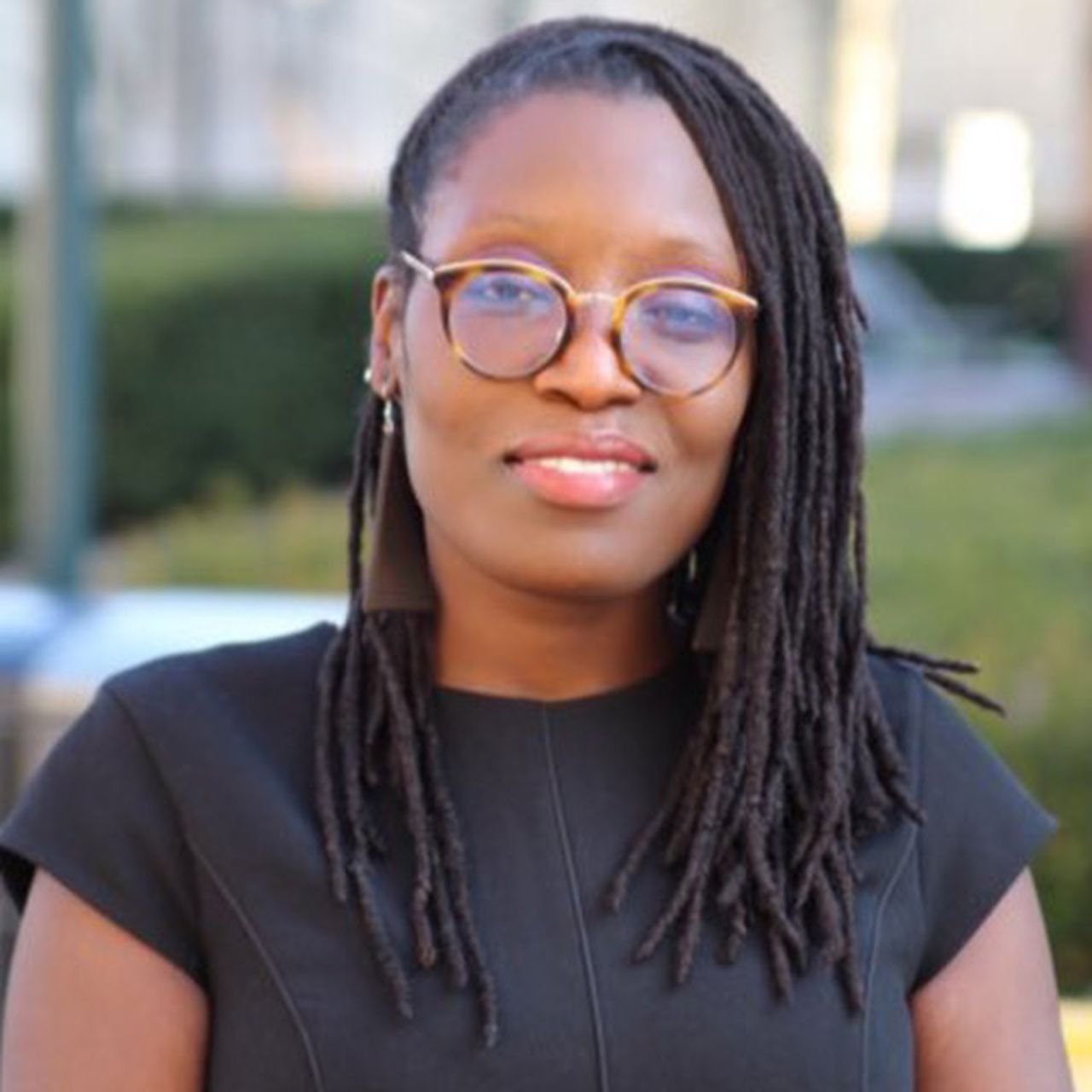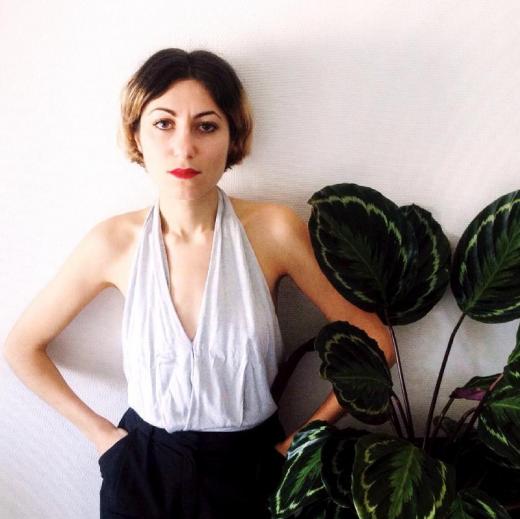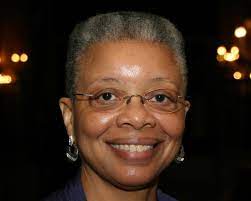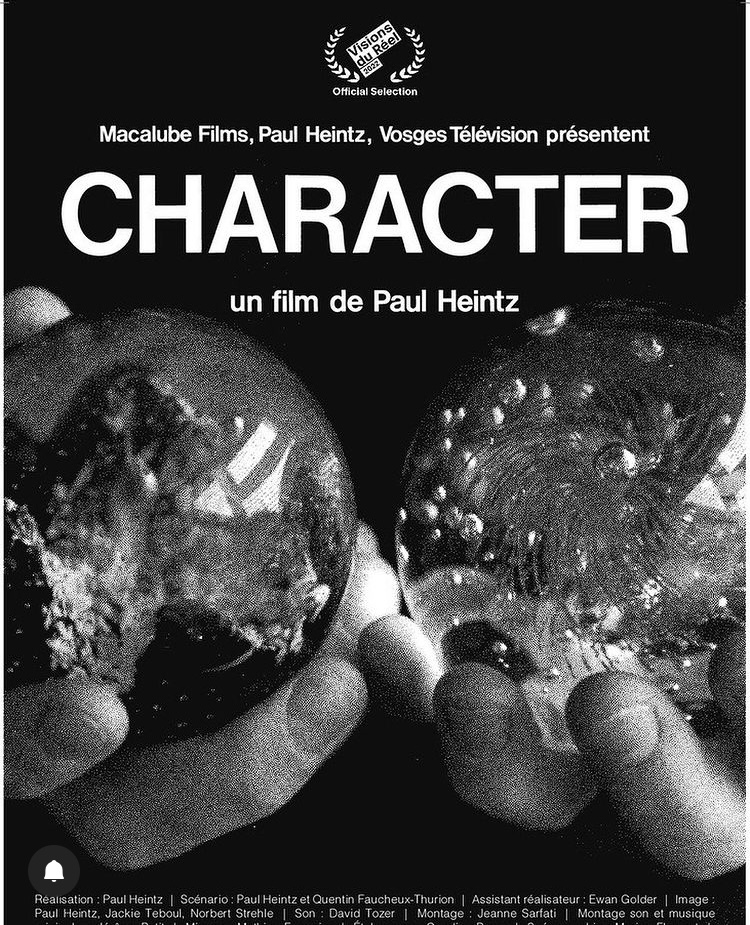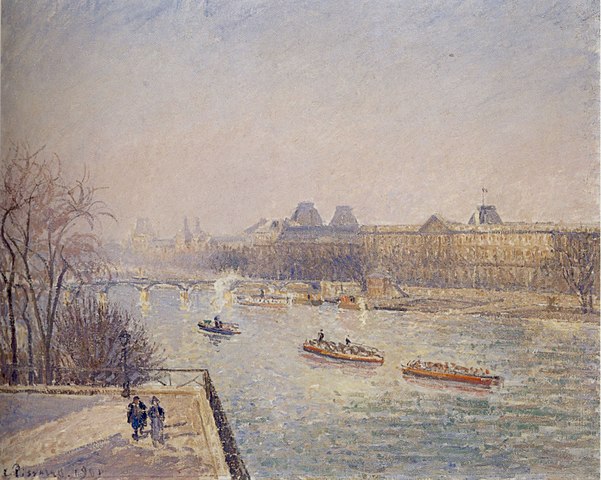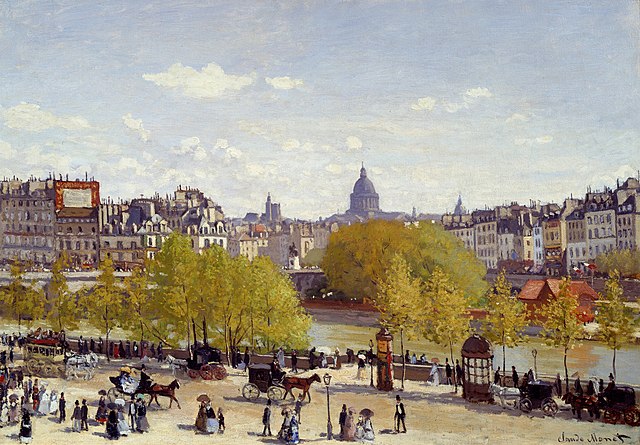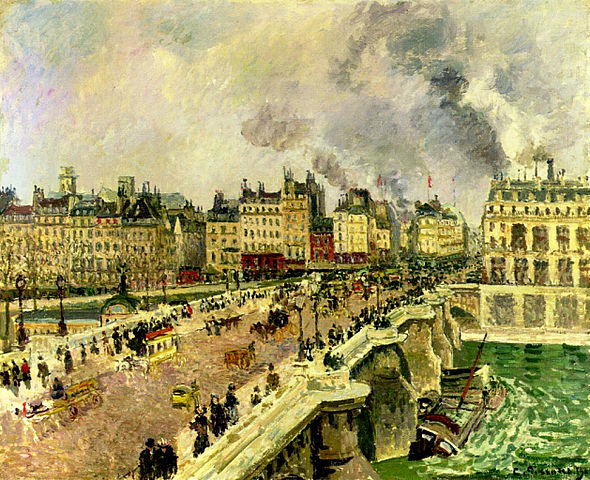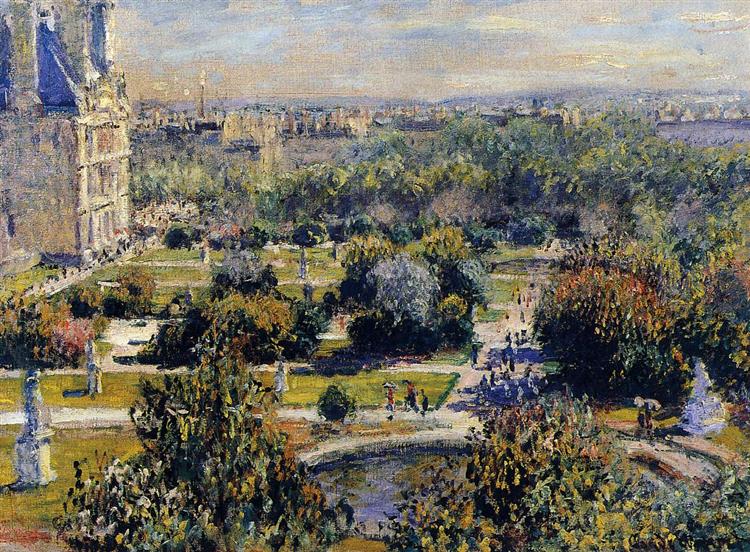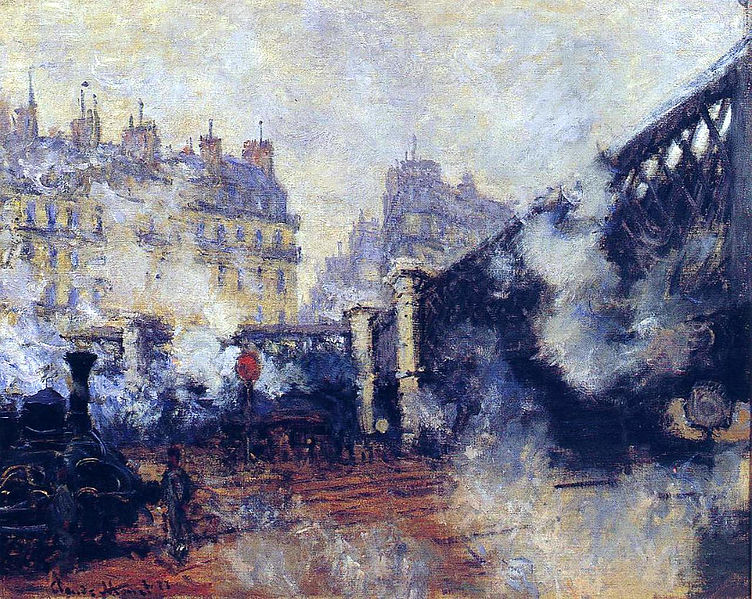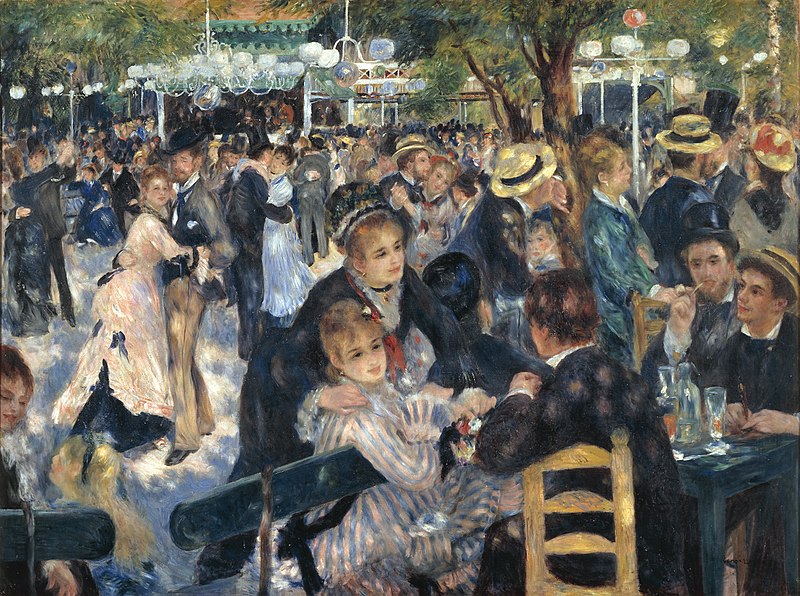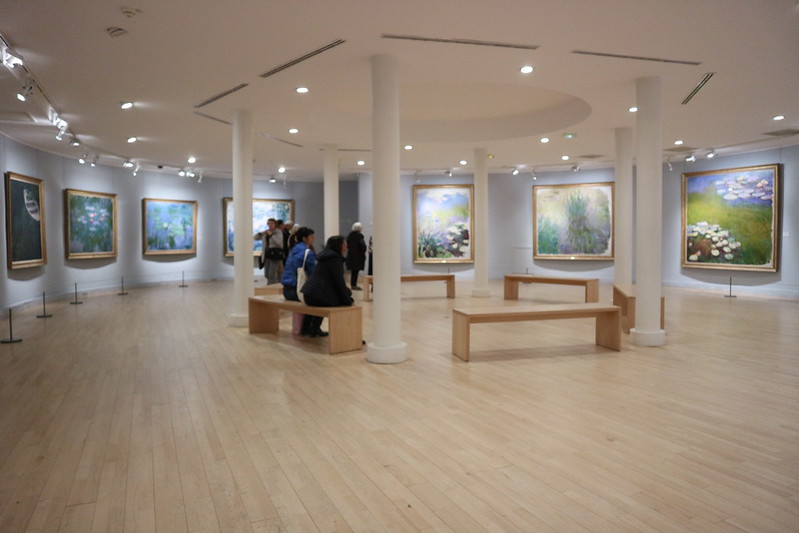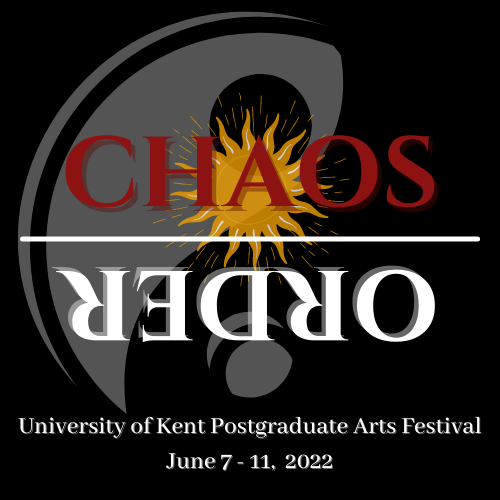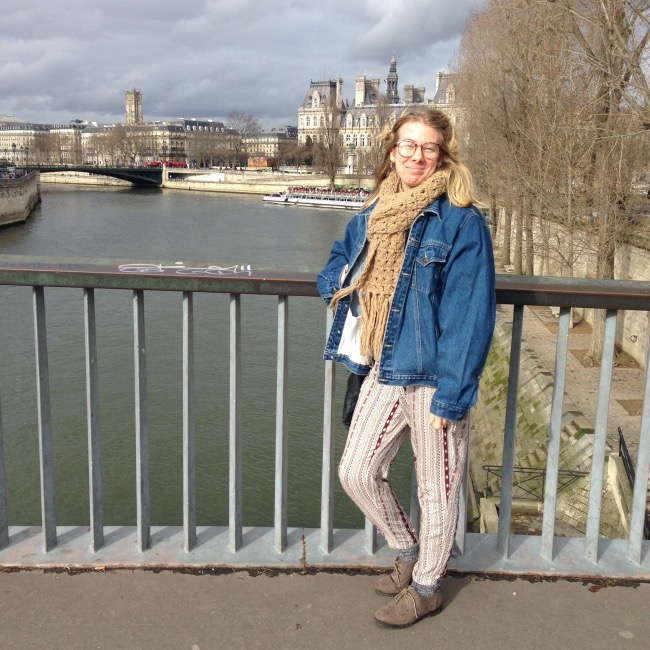In the latest edition of our Graduate Profile we connect with alumna and poet Megan James. A graduate of our Master’s in Creative Writing, Megan’s work has been featured in The Hellebore, Molly Bloom and Ache magazine, amongst others. She has recently published her first work, Womb Fruit, a long format poem which she began in Paris as her MA dissertation. In this interview Megan tells us more about her experience at our Paris School, the creative process behind Womb Fruit and her current projects.
Where are you from and what originally brought you to Paris?
I grew up in a small town just outside of Oxford. A combination of health and homelife made going to university feel like a distant and unattainable thing until I was an adult. I was working as a Teaching Assistant in a Primary School when I had the realisation that I had so much more to learn myself; I studied to retake my A levels and bagged myself a place to study English at the University of Exeter. I’d always enjoyed playing with language – diaries and poems had been a large part of my coping and processing chronic illness – but at Exeter, I took all the Creative Writing modules possible.
When my degree ended, my writing didn’t. In my final few months, I scoured the internet for creative post-grad options when I found the courses offered at the University of Kent’s Paris School of Arts and Culture. Studying literature had highlighted Paris as a city of art and creativity; when I saw the Creative Writing MA offered at PSAC, I knew I had to make it happen.
What attracted you most about studying at PSAC?
Above all, being able to live, write, work and study in Paris was a dream come true. I wasn’t ready to stop learning, and PSAC offered the opportunity to continue doing just that in the best place for it. The city’s rich history as a place of reaction and revolution fuelled my writing; every cobbled corner had a story to tell, and I wanted to tell it.
The pull of Paris was strengthened by my desire to learn a new language. Living in France forced me to practice in a way that my French GCSE didn’t! Using the language every day was the best way to improve, and the free French classes offered by the PSAC built on these skills and helped me hone them.
What are you currently doing and how did that come about?
My love for learning has come full circle: I am now teaching English at a Secondary School near Oxford. The demands of my job are many, but the satisfaction is constant. My job allows me to continue my own learning journey too. Teaching is learning; learning is teaching – the older I get, the more I value this truth. There is a reciprocity to learning that benefits everyone.
Could you tell us about Womb Fruit and your writing process?
At its core, Womb Fruit is an excavation of the myths of womanhood; those we are told and those we tell ourselves. It focuses on the circles and cycles of the body and the processing of trauma.
Womb Fruit is a long-form poem addressed to an unborn daughter, sharing the complicated histories of the inherited and uninherited. Womb Fruit explores themes of pain, illness, and miscarriage, and is woven with female histories of Greek mythology. As a chronically ill person, I’m concerned with the eugenic attitudes of medicine, society and culture regarding a woman’s choice/ability to reproduce, as well as the stigmatisation and pathologising that often comes with living in a sick body.
I wrote Womb Fruit while living in Paris and it was my final project at PSAC: my MA dissertation. Being a poem about womanhood, there was an irony in the writing process feeling like a labour of sorts. The narrative is punctured, confessional, at times chaotic. It is writing as therapy.
You hand-stitched its cover, was this an important complement to the artist process of your writing?
Yes! As well as working with words, I’m also an embroidery artist and have often used this form of expression as a therapeutic process. At first, I’d hoped to stitch the entirety of the poem, however, I settled on another, less time-consuming method. Instead, Womb Fruit is infused with the language of embroidery. I attempted to translate the physical techniques of embroidery – layering, weaving, shading, knotting – into language.
I knew I needed to incorporate this ancient practice of expression into my writing. Sewing is an art form that has stood the test of time; it predates written language. It is also something that has been historically associated with women. I wanted to flip the use of this as a practice to silence women, and instead use sewing as a symbol of permanence, of history, of recording expression by any means available.
Are you working on your next book?
I continue to write (and sew!). My recent writings are concerned with the notion of home. Starting with the age-old dilemma – is home a place or a feeling? – the poetic fragments track the politics of home and homelessness; the body as home; the mind as home; and end with the coming-home of spiritual peace. This work-in-progress is yet untitled, but I look forward to sharing it soon.
Do you think that your studies at PSAC helped with your career or creative endeavours?
Definitely. Continuing my education at MA level gave me the creative space to focus on my writing. My year in Paris was defining; it gave me the perspective and clarity to spend time on my crafts and do so in a place that was constantly inspiring.
Would you recommend PSAC to potential students and if so, what would you tell them?
I would recommend studying at the PSAC whole-heartedly. Paris is full of grand buildings with huge, locked doors hiding secrets behind. The PSAC opens those doors, allowing you to access so much more of the city than you would otherwise. From the staff and lecturers to the links and connections to other institutions, you’ll never be short of opportunities. From the open evenings and readings to the organised events and activities, you’ll never be bored.
As perfect as my year in Paris may sound, it wasn’t easy making it happen. The practicalities involved in moving abroad, even temporarily, are challenging. I took out a personal loan to pay for the course fees and worked full-time as an au pair while in Paris; I highly recommend doing something similar if you want affordable living costs during your stay. I had my own apartment to accommodate me, and while the extra workload was intense at times, it made my stay possible.
Even if it seems impossible, and sometimes it might, if you want it bad enough, make it happen.
Merci beaucoup, Megan!
Womb Fruit was published by Litmus Publishing in April 2022. You can learn more about and acquire a copy at this link.
Connect with Megan on Twitter: @MeganHJames or Instagram: @meganhannahjames.
